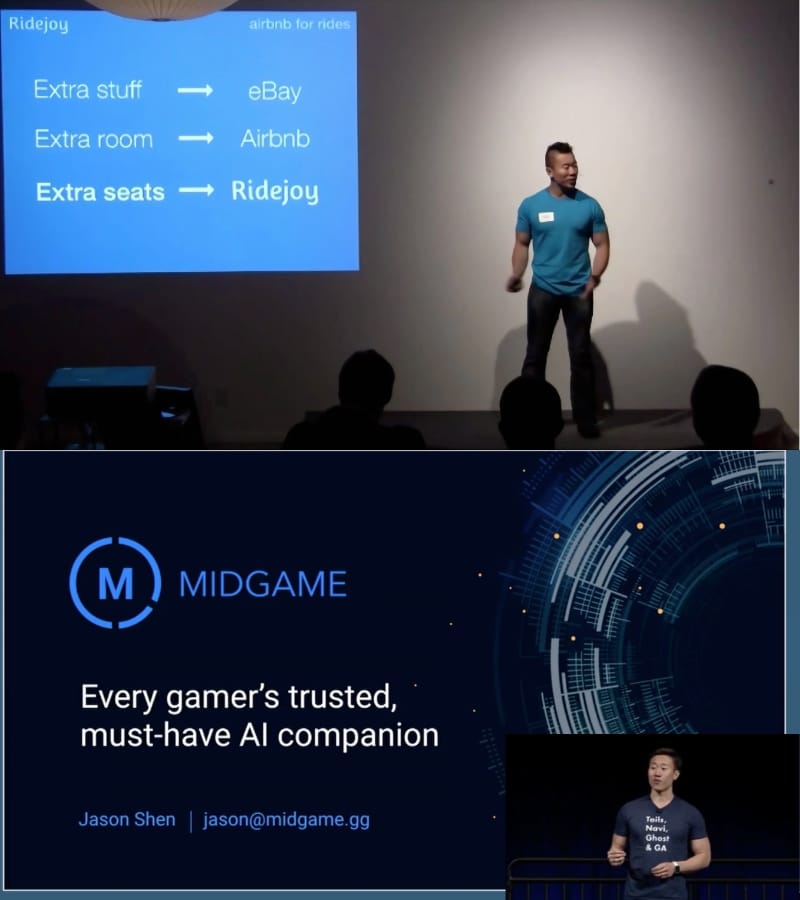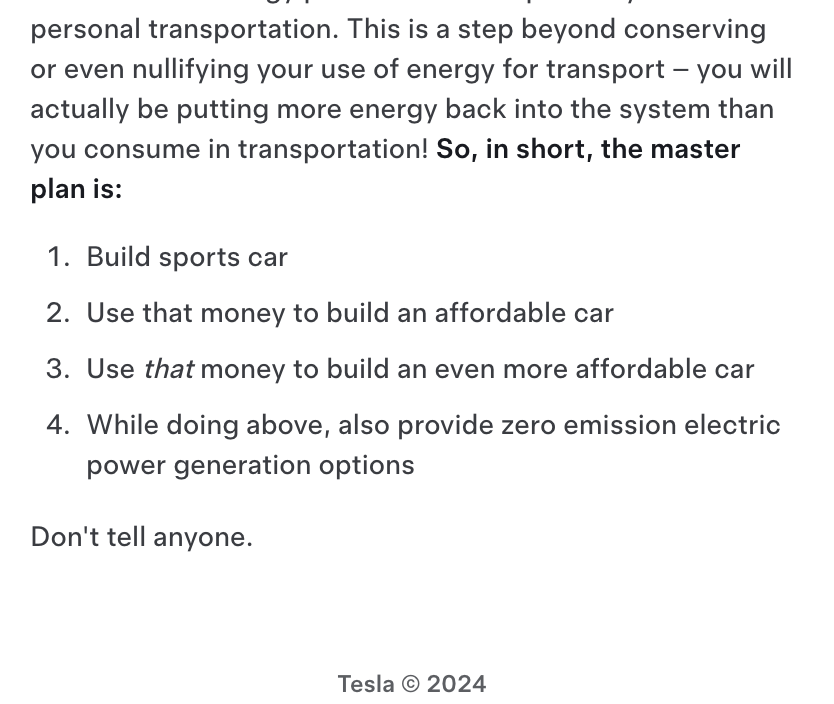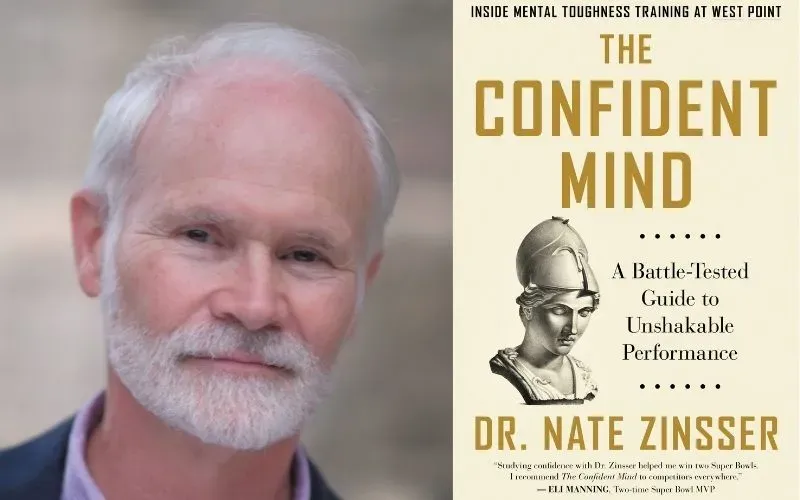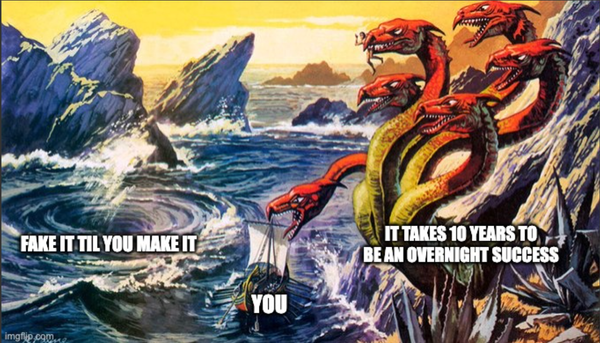Y Combinator is about to announce their latest batch of startups and I just got a peek at them during Alumni Demo Day. It's an exciting batch of companies tackling your typical range from AI-powered software tools to assist or even replace all manner of knowledge work, along with some bold biotech, hardware, and space tech companies.
I remember my own Demo Day more than 13 years ago—an in person affair which YC is returning to next batch—and standing on standing in front of hundreds of investors to make our pitch. You had to stand out in front of what seemed like a huge number (63!) of companies and get VC's excited about what you were doing.

The Importance of Conviction
Whether investors, hiring managers, prospective partners or customers, people like to see conviction in those they work with. They want to know that you have good reasons to believe in what you're saying, especially if you are making bold claims about yourself and the future.
As a coach, I work with a lot of founders who are expected to portray that conviction but find it missing when they look inside themselves. They begin to doubt themselves
Why should anyone believe in me? I barely believe in myself!
And the thing is, your own sense of conviction really does matter—in so far as persuading others.
Research by business professor and author Laura Huang has found that an entrepreneur's perceived passion, another way to describe conviction, is one of the most important factors in determining funding.
I’ve found that entrepreneurs presenting in pitch competitions who are rated high on passion by investors are 7.4 times more likely to receive funding than those who are rated low on passion. In fact, perceptions of passion compensated for poor performance and weak objective data on the venture—things like profitability, product performance, and market size.

So how is conviction really built?
And just as importantly, how do you get it back when you've lost it?
To answer this, let's look at another domain: gymnastics. As a former NCAA champion gymnast, I got a very hands on experience with the idea of conviction. Unlike in other sports like basketball or track and field, having a deluded sense of conviction isn't likely to lead to physical harm.
But in gymnastics, if you "think" you can perform a skill when you really can't, you're in for a lot of pain and possible injury. You need conviction to perform a high level movement, and you need to be right.
So how do gymnasts develop conviction? Slowly. Over time.
Here's an abbreviated process of building your conviction in performing a new gymnastics skill
- Watch other gymnasts perform the skill and be in awe. Absolutely zero conviction.
- Perform drills that break the skill down into different parts to help you understand the full movement. Still basically no conviction.
- Do weeks and months of strength, conditioning, and flexibility work to level up your body's capacity to do the skill. Low conviction
- Perform the skill with a heavy spot from the coach, or using a belt or landing in the pit for safety. Low-moderate conviction
- Perform the skill with a light spot as needed from the coach, using a mat slide in, landing on the "resi pit". Moderate conviction
- Perform the skill completely on your own in practice. Moderate-high conviction.
- Perform the skill in a full routine, connecting in and out of it with other skills. High conviction
- Perform the skill at a major competition, when it really matters that you do it with near flawless execution. Very-high conviction.
That's 8 freaking steps! Stanford gymnast Ian Gunther demonstrates several of them while skipping a few others in this Tiktok.
@ian.gunther Reply to @im.yakob Ever wonder how we learn a new skill? 🤸🏼♂️#gymtok #gymnastics #progress #motivation #skill #coach #work #progression
♬ Coffee and Cigarettes - Jazzinuf
And of course, athletes can regress from a higher level of conviction to a lower level. Simone Biles withdrew from the all-around competition after she lost conviction in her ability to perform her vault safely.
And even returning on a few events like the floor required her to rebuild her confidence by returning to basic maneuvers and confirming to herself what she was capable of doing.
The Secret Japanese Gym Where Simone Biles Trained for Her Olympic Comeback https://t.co/l7Zc2wH2mK pic.twitter.com/nHRXHH4CSQ
— GymCastic (@GymCastic) August 4, 2021
Conviction comes from experience
True conviction cannot be rushed. Just as the rich flavors of an exquisite pho broth needs many hours of simmering to emerge, a genuine sense of belief in yourself and your company / work requires time.
Brian Chesky made waves for his bold reclaiming of Airbnb. At Config 2023, he recounted how he finally decided to run the company in a different way—with design at the center, a focus on customer experience over metrics and A/B testing, and biannual release cycles (e.g. Summer 2024 Release).
At the conference he admitted that for years he had been scared to make this change because he was worried that he would be making a big mistake. That he had hired all these smart experienced people and needed to listen to their ideas for how to get stuff done.
But it was finally the lead up to the IPO (originally slated for early 2020) and the disaster of COVID which caused activity on Airbnb to plummet 80% in 8 weeks to finally push him to make the change.
Airbnb had already been an enormously successful company to that point thanks to Brian's leadership and yet it took him, a cofounder and the CEO 16 years to make that kind of a bold decision. Because he finally had gathered enough experience to believe in his own vision for how to lead the company.
We see this with other entrepreneurs. Elon Musk did not try to build electric cars or build rocketships right away. He started an online business directory sold to newspapers called Zip2, then merged his company with Paypal before starting SpaceX in 2002 and investing in Tesla in 2004.
His legendary "Tesla Master Plan" wasn't published for another two years in 2006 and included no timelines for his milestones of:

Each of these steps took 2, 6, 11, and 10 years respectively to execute. So impressive to call out this master plan, but also, took quite some time to happen, with a lot of failures and near-company-ending moments in between.
In other words, cut yourself a break if you're not feeling 100% do-or-die conviction about your current company / project / career direction.
Confidence is a feeling that can be cultivated
The other side of this though is that there are times where you have to step up.
Sometimes we just need to convince the person on the other side to bet on us, to take a chance on us. And it helps to do that from a place of confidence—even if we haven't had the time to develop full conviction.
I want to distinguish between confidence and conviction though because confidence, to me, is a feeling. It's a feeling that can enable you to perform better than if you are filled with anxiety, negative thoughts, or self-doubt. But confidence alone does not guarantee you victory and it is short-lived.
After you close a customer or have a good investor call, you can feel full of confidence, but that confidence can quickly go away. When you see a competitor raising a big round or have your app crash because it doesn't do what you hoped it would.
Still, it is useful to understand what can create a sense of confidence in us so that we can get through the things we need to get through in order to achieve our objectives. There's some great work here by Dr. Nate Zinsser from West Point who has worked with professional athletes like Eli Manning as well as NCAA and Olympic athletes, as well as the military, to develop the confidence to achieve peak performance.
Defining Confidence

In his book The Confident Mind, Zinsser's frames confidence as optimizing your performance in the moment by removing mental chatter through a feeling of certainty:
Real confidence, then, the kind you’ll need to be at your best when the heat’s on and the consequences matter, is the absence of all that mental chatter and discursive analytical thought. So my operating definition of confidence (one that will actually help you perform well), is this: a sense of certainty about your ability, which allows you to bypass conscious thought and execute unconsciously.
Dr. Zinsser breaks it down into three major components:
- managing memories from your past, both long-term and recent
- the control over the stories you tell yourself about yourself in the present
- controlling the visions, the pictures, and the feelings you create and maintain about your future.
From this perspective, confidence is a skill that can be developed. I'll probably do a Book Notes on this fantastic book but the biggest takeaway is to spend more time with your successes, your current efforts and progress, to reprogram your mind away from negative thoughts.
He's basically applying spaced repetition to your own sense of capability, then changing the way you talk yourself by making statements that are true and empowering such as, "I see a ton of opportunity in what I'm doing," "I love exploring new technology," or "I'm one of the hardest worker I know."
Then within the moment of performance (e.g. competition, enemy encounter, investor pitch) using short directive statements such as, "Stay focused on the top-line growth of the industry" or "Emphasize the strength of the team" are effective ways to navigate the present moment when you need confidence.
In the end, Zinsler's model is really helpful when you have to do something nonverbal that involves your physical body first and foremost. When you are playing basketball or fighting in a military theater, most of the time you are not thinking super hard. You are performing actions that you have done many times before under different circumstances with minor adaptations to the context that you're in.
But when you are in discussion or debate with a person, it's more challenging to completely turn your brain off. And so Zinsser's advice still works, but it's much harder to apply in a dynamic, thinking-oriented process. Which in the end means that you have to embrace the process and embrace the fact that there are no shortcuts to getting the results you want.
Conclusions
- Conviction is important but also hard to build up quickly without extensive real-world experiences to verify
- Confidence is a feeling that can be cultivated for important interactions with powerful stakeholders
- Expecting yourself to have high conviction on something you have not spent significant time engaging with is unreasonable
- It is possible to be successful even with varying levels of conviction or confidence
Upcoming article ideas
Wanted to try something here—click on the titles of the articles you're most interested in seeing me work on next. I'll track the votes and take that into consideration
- List of underrated productivity techniques that work for my ADHD brain
- Brain dump of advice for people interested in writing a book
- The importance of expertise and other lessons from Andy Grove's High Output Management
- How to identify and convey that your startup is tackling a huge market opportunity


